Beyond The Game: Unlocking The Power Of Post-Game Analysis And Reflection
Beyond the Game: Unlocking the Power of Post-Game Analysis and Reflection
Related Articles: Beyond the Game: Unlocking the Power of Post-Game Analysis and Reflection
Introduction
With great pleasure, we will explore the intriguing topic related to Beyond the Game: Unlocking the Power of Post-Game Analysis and Reflection. Let’s weave interesting information and offer fresh perspectives to the readers.
Table of Content
Beyond the Game: Unlocking the Power of Post-Game Analysis and Reflection
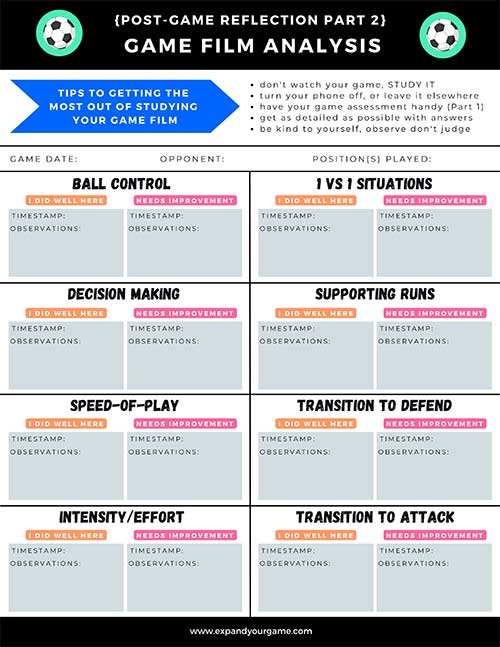
The thrill of competition, the adrenaline rush of victory, the sting of defeat – these are the immediate emotions that accompany any game. But beyond the final whistle, the scoreboard, or the closing credits, lies a realm of immense potential for growth, learning, and improvement. This is the space where "what comes after the game" truly matters, where reflection, analysis, and strategizing pave the path for future success.
The Power of Post-Game Analysis
Post-game analysis is not merely a retrospective exercise but a critical component of a continuous learning cycle. It allows individuals and teams to dissect the game’s events, identify strengths and weaknesses, and extract valuable insights that can be applied to future endeavors.
Key Elements of Effective Post-Game Analysis:
- Objective Review: The first step is to objectively assess the game’s outcome, focusing on factual data rather than emotional responses. This involves examining statistics, analyzing play-by-play footage, and identifying key moments that shaped the game’s trajectory.
- Strengths and Weaknesses: By dissecting the game’s events, teams can pinpoint areas where they excelled and areas where they struggled. This analysis should be done with a critical eye, seeking opportunities for improvement even in areas of success.
- Strategic Adjustments: Post-game analysis helps teams understand how their strategies performed in the context of the game. Identifying areas where strategies were effective or ineffective allows for adjustments and refinements for future encounters.
- Individual Performance Evaluation: Analyzing individual player performance, particularly in team sports, provides valuable feedback for players to understand their contributions and areas for improvement. This fosters individual growth and helps players develop a more comprehensive understanding of their role within the team.
- Communication and Feedback: Post-game analysis should be a collaborative process, encouraging open communication and constructive feedback. This fosters a culture of learning and improvement within the team.
The Importance of Reflection
Beyond the objective analysis, post-game reflection plays a crucial role in personal and team development. It encourages introspection, allowing individuals to examine their thoughts, feelings, and actions during the game. This process helps players:
- Understand their Emotional Responses: Reflecting on emotional reactions during the game allows players to identify patterns and develop strategies for managing emotions in future competitions.
- Identify Personal Strengths and Weaknesses: Reflection helps players understand their individual strengths and weaknesses, enabling them to focus on areas that require improvement.
- Develop Self-Awareness: Through reflection, players gain a deeper understanding of their motivations, decision-making processes, and overall approach to the game.
- Foster Resilience: Reflecting on setbacks and challenges helps players develop resilience, allowing them to bounce back from difficult experiences and learn from mistakes.
Beyond the Individual: Team Dynamics
In team environments, post-game analysis and reflection extend beyond individual performance. It provides an opportunity to:
- Strengthen Team Cohesion: By analyzing team dynamics and communication patterns, teams can identify areas for improvement and develop strategies for better collaboration.
- Foster Trust and Accountability: Open and honest communication during post-game discussions builds trust and accountability within the team, creating a culture of mutual support and shared responsibility.
- Promote a Growth Mindset: By emphasizing learning from mistakes and striving for continuous improvement, post-game analysis fosters a growth mindset within the team, encouraging a proactive approach to development.
Benefits of Effective Post-Game Analysis and Reflection
The benefits of "what comes after the game" are far-reaching, extending beyond the immediate context of the game itself. They include:
- Improved Performance: By identifying areas for improvement, post-game analysis leads to better preparation, more effective strategies, and ultimately, improved performance in future competitions.
- Enhanced Decision-Making: Analyzing past decisions and their outcomes equips players with the knowledge and experience to make more informed decisions in future games.
- Increased Resilience: Reflecting on challenges and setbacks helps players develop resilience, allowing them to bounce back from adversity and perform consistently under pressure.
- Personal and Team Growth: Post-game analysis and reflection are vital for personal and team growth, fostering self-awareness, communication skills, and a culture of continuous improvement.
- Long-Term Success: By embracing the power of "what comes after the game," individuals and teams can build a foundation for sustained success, achieving consistent performance and reaching their full potential.
FAQs: "What Comes After the Game?"
Q: How often should post-game analysis be conducted?
A: The frequency of post-game analysis depends on the context. For competitive teams, regular post-game reviews are crucial, whether after each game, practice session, or tournament. For individuals, post-game reflection can be a daily or weekly practice.
Q: Who should be involved in post-game analysis?
A: Ideally, post-game analysis should involve all relevant stakeholders, including players, coaches, and support staff. In individual sports, athletes can conduct their own analysis or seek feedback from coaches or mentors.
Q: What are some effective tools for post-game analysis?
A: Effective tools for post-game analysis include:
- Video footage: Analyzing game footage allows for a detailed review of play-by-play actions.
- Statistics: Analyzing game statistics provides objective data on player performance and team trends.
- Team meetings: Team meetings provide a platform for open communication, feedback, and collaborative analysis.
- Individual reflection journals: Journaling allows players to record their thoughts, feelings, and insights after each game.
Q: How can I make post-game analysis more engaging and productive?
A: To make post-game analysis more engaging and productive:
- Focus on specific areas for improvement: Instead of general feedback, target specific areas that require attention.
- Use visuals and interactive tools: Visual aids like diagrams, charts, and video clips can make analysis more engaging.
- Incorporate feedback from multiple perspectives: Seek input from coaches, teammates, and even opponents to gain a comprehensive understanding of the game.
- Create a positive and supportive environment: Encourage open communication, constructive criticism, and a focus on growth.
Tips for Effective "What Comes After the Game" Practices:
- Establish a Consistent Routine: Develop a structured post-game analysis process that is consistently applied after each game or practice.
- Use a Variety of Tools: Utilize a combination of video analysis, statistics, team meetings, and individual reflection to gain a comprehensive understanding of the game.
- Focus on Actionable Insights: Identify specific areas for improvement and develop actionable plans for addressing these weaknesses.
- Encourage Open Communication: Foster a culture of open communication and constructive feedback, allowing players to share their perspectives and insights.
- Celebrate Successes: Recognize and celebrate team and individual achievements to reinforce positive behaviors and motivate continued improvement.
Conclusion: Unlocking the Potential of "What Comes After the Game"
"What comes after the game" is not merely an afterthought; it is a crucial component of a continuous learning process. By embracing post-game analysis and reflection, individuals and teams can unlock their full potential, achieving consistent performance and striving for excellence. This process fosters self-awareness, resilience, and a growth mindset, laying the foundation for sustained success in any endeavor. The journey beyond the game is where true growth and transformation occur, propelling individuals and teams towards their ultimate goals.
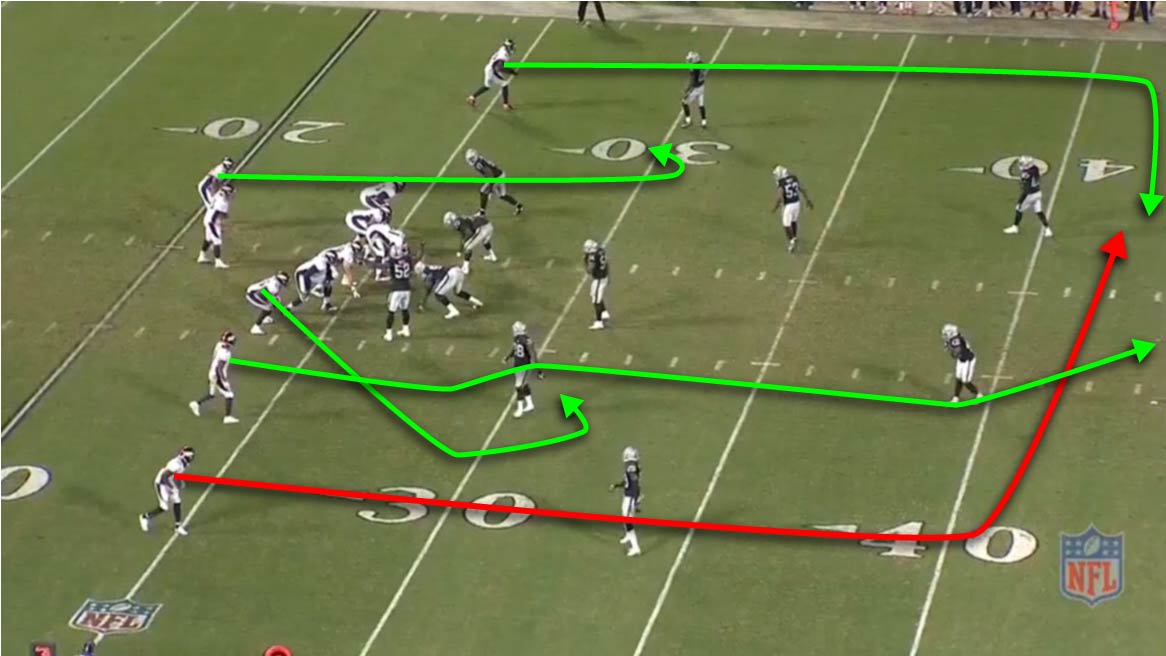
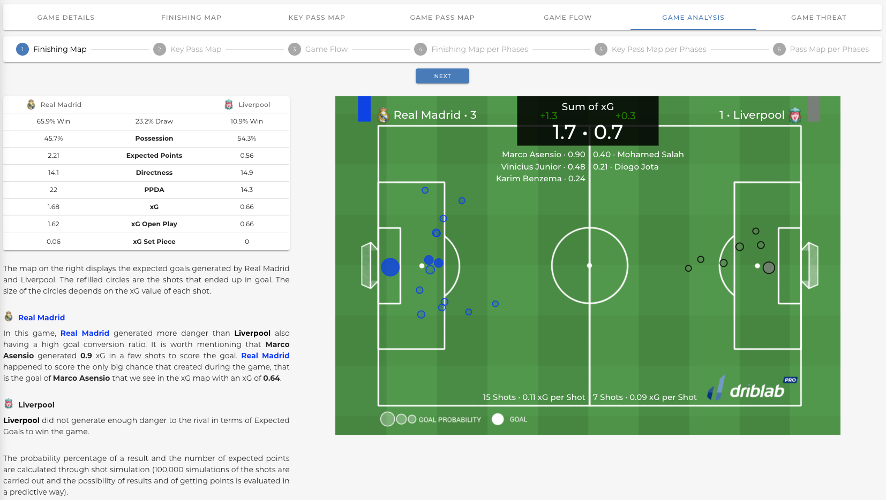
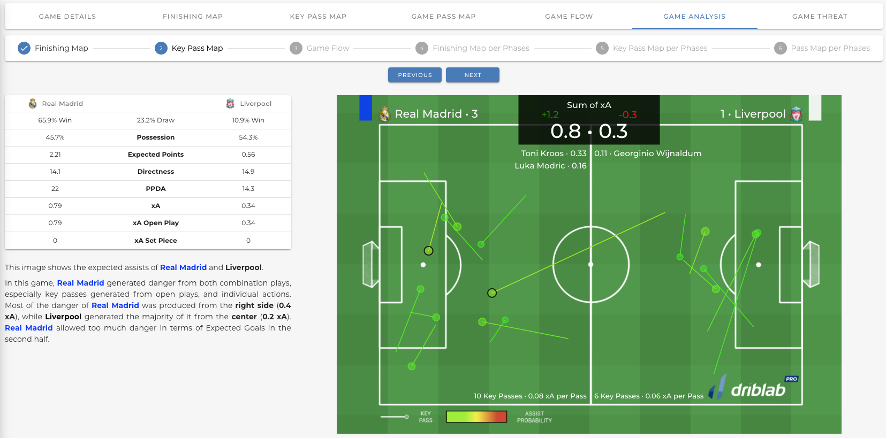


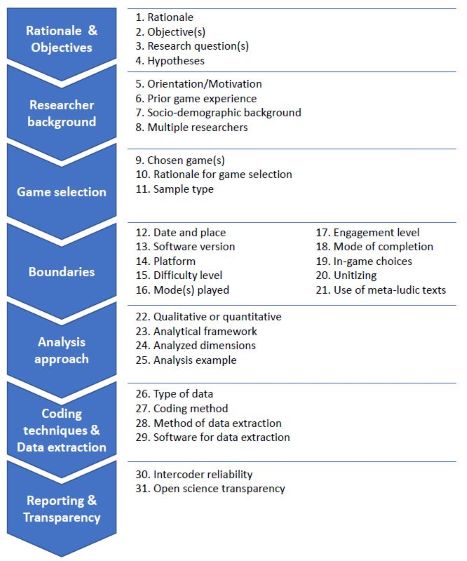


Closure
Thus, we hope this article has provided valuable insights into Beyond the Game: Unlocking the Power of Post-Game Analysis and Reflection. We appreciate your attention to our article. See you in our next article!